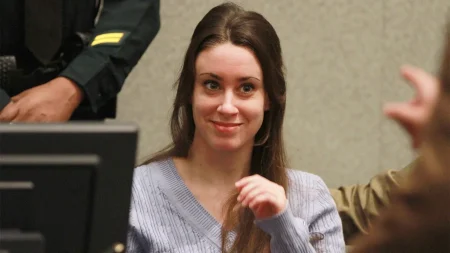Conservative Policies Reshaping Academic Leadership at Texas A&M
In a significant shift reflecting broader political tensions in American higher education, two administrators at Texas A&M University were recently removed from their positions. This development highlights the growing impact of Republican-led policies designed to counteract what some conservative lawmakers perceive as liberal dominance in academic institutions. The removals represent a concrete example of how ideological battles over education are no longer confined to theoretical debates but are actively reshaping university leadership and potentially influencing classroom content and academic freedom.
The situation at Texas A&M is not occurring in isolation but rather as part of a nationwide trend where state legislatures and governors, particularly in Republican-controlled states, are taking increasingly direct approaches to influence higher education. These policies often aim to restrict discussions around topics like critical race theory, gender studies, and diversity initiatives – subjects that conservatives frequently characterize as liberal indoctrination rather than legitimate academic inquiry. For the affected administrators, these removals represent not just professional setbacks but also raise questions about academic governance and the traditional autonomy that universities have maintained from political interference.
Faculty members and educational advocates across the political spectrum have expressed concern about this development, with many arguing that political intervention in academic affairs threatens the fundamental mission of universities as spaces for open inquiry and diverse viewpoints. Supporters of these policies, however, contend that they are necessary corrections to what they see as an overwhelming liberal bias in higher education that marginalizes conservative perspectives. The human dimension of this conflict plays out in the lives of educators who must navigate increasingly politicized work environments while trying to maintain academic integrity and support their students.
Students at Texas A&M find themselves caught in the middle of these tensions, potentially experiencing changes in course offerings, classroom discussions, and campus climate. Many worry about how these administrative changes might affect their education, while others support efforts to bring what they see as more ideological balance to their university experience. The situation creates uncertainty for young people who came to university expecting an environment of free intellectual exploration, only to find themselves witnessing power struggles that reflect the deeper political divisions in American society.
For university administrators across the country, the events at Texas A&M serve as a sobering reminder of the precarious position they occupy at the intersection of academics, politics, and public opinion. Many now face difficult choices between adhering to traditional academic values and responding to political pressures from state officials who control significant portions of their funding and governance structures. These administrators must make daily decisions about curriculum, hiring, and campus policies while considering not just educational merit but also potential political repercussions.
The developments at Texas A&M ultimately represent a microcosm of larger questions facing American higher education: Who should determine what is taught in university classrooms? How can institutions balance academic freedom with public accountability? And can universities maintain their role as centers of independent thought and research while operating within increasingly politicized environments? As similar policies continue to emerge across the country, the answers to these questions will shape not just individual careers and institutions but the future direction of American higher education and its relationship to democratic governance.








